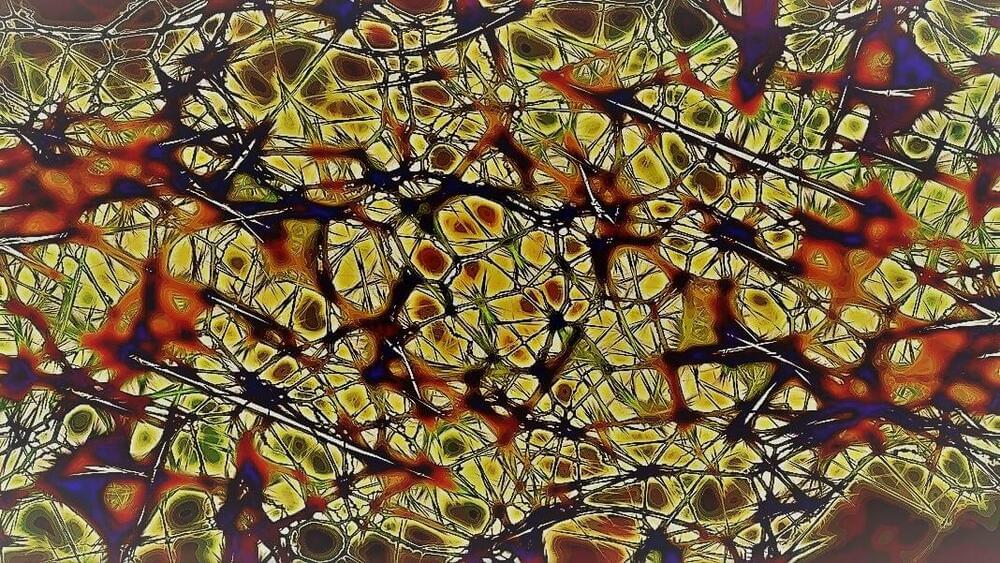Get the latest international news and world events from around the world.






The Rise of Superhumans and the Challenges for Learning and Development
How will learning and development cope with the growing trend of humans augmenting their basic capabilities with chemical, electronic, physical, and genetic enhancements?
We’ve been entertained by a never ending stream of Marvel and DC Comics characters with super powers ranging from x-ray vision to mind control. Many of us have also spent time fantasising about the additional capabilities we’d like to help see us through the day. But what happens when those boundaries blur between science fantasy and everyday reality?
The practice of human enhancement or augmentation is a phenomena well underway across society – although the concept may be new to many of us. Over the next 25 years, the integration of information and communications technologies (ICTs), cognitive science, new materials, and bio-medicine could fundamentally improve the human condition and greatly enhance human intellectual, physical, and psychological capacities. As a result, the notion of the “transhuman” could emerge. For example, we are well underway with the process of augmenting human beings’ cognitive and intellectual abilities through technological implants, such as memory storage. These enhancements mean humans could achieve heightened senses and biological capabilities that are largely the prerogative of other species (e.g. speed, resistance, adaptation to extreme conditions, etc.).
The speed of development is

Why Big Tech Is Getting Into Finance | WSJ
In 2019, many large tech firms announced plans to offer financial products and services. WSJ’s Liz Hoffman explains why Google, Apple, and others are offering products that might someday replace your wallet.
More from the Wall Street Journal:
Visit WSJ.com: http://www.wsj.com
Visit the WSJ Video Center: https://wsj.com/video
On Facebook: https://www.facebook.com/pg/wsj/videos/
On Twitter: https://twitter.com/WSJ
On Snapchat: https://on.wsj.com/2ratjSM
#WSJ #Tech #Finance
